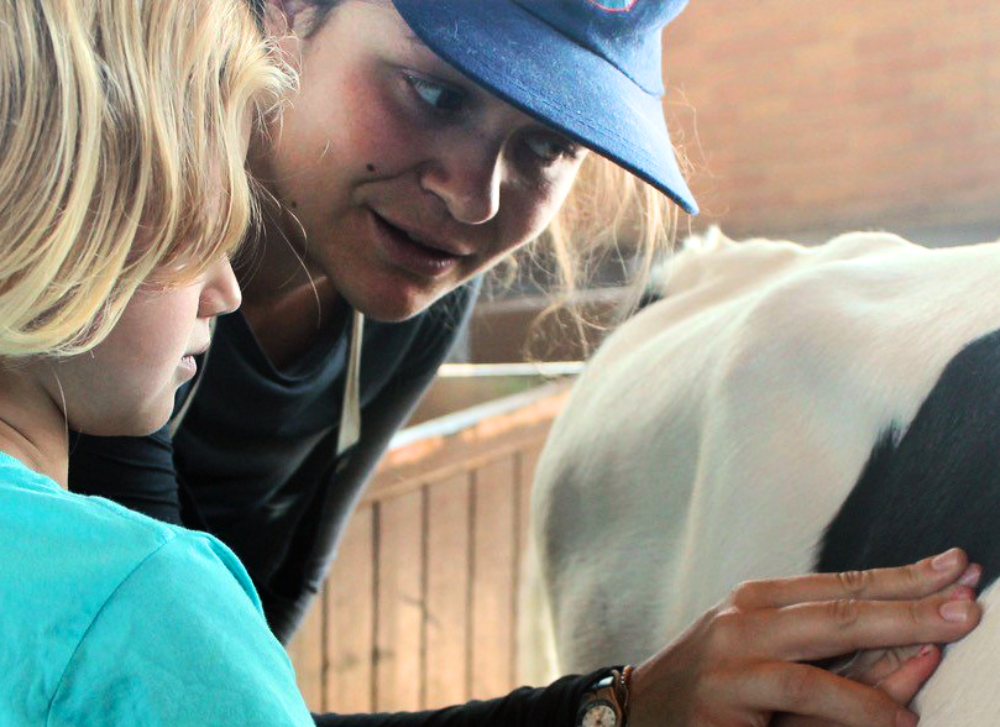The promoter of local products
Casually, over the past thirty years, the implementation of free trade treaties has had the effect of reducing Quebec's food autonomy from 80% to 30%. The pandemic and the supply difficulties it caused had the effect of an electric shock. To strengthen our security, we have no choice but to reduce our dependence on imports. Added to this is environmental concern. More and more consumers are shying away from the idea of buying food that has had to travel half the world before landing on their table.
A woman did not wait for COVID-19 to be convinced that we had to invite Quebecers to eat what we make here. Before taking over as general manager of Aliments du Québec last April, Isabelle Roy had already been working for the non-profit organization for seven years. The latter strives to support production in Quebec by making it easier to identify logos in grocery stores that certify that food products come from here.
Originally from the South Shore and a graduate of HEC Montréal in marketing and business management, Isabelle was working in promotion and advertising sales with Astral Media Radio and Groupe V Media when she was poached by Aliments du Quebec who was one of his clients. Impressed by her involvement and her professional qualities, the NPO offered her a position in business development before appointing her, two years later, deputy director of the organization. Over the past four years, she has been involved in all senior management projects for strategic and organizational planning.
In her early forties, Isabelle Roy today finds herself at the head of a team of 25 people and has nearly 1,600 participating companies, including 26,000 products bearing one of their logos. But beware. Whoever wants can only affix one of the famous yellow symbols.
So that a foodstuff can bear the mark Aliments du Québec , it absolutely must be made up of 85% Quebec ingredients. To be able to attach the label Foods prepared in Quebec , the firm must demonstrate that its product is entirely processed and packaged in Quebec. It must be composed of Quebec and/or imported ingredients. And when the main ingredients are available in Quebec in sufficient quantity, they must be used. The same variations exist for organic foods. In this case, the NPO works in conjunction with the Council for Reserved Appellations and Valorizing Terms. It is the latter who must ensure that the product is organic.
“ I have worked a lot on planning for digital transformation. We wanted to optimize our processes and our portal for companies that request product verification. The portal will be officially launched in a few months. It will provide more visibility to our industry partners, regional consultation tables, federations and our member companies who will be able to present their products there. We really want to promote Quebec brands and reduce as much effort as possible for consumers who want to locate these products. »
Moreover, to get to the bottom of the tough myth that local agri-food products cost more, Aliments du Québec recently ordered a study at the Agri-Food Analytical Sciences Laboratory at Dalhousie University . The analysis carried out on more than 134 local products and 431 comparable products from elsewhere should delight consumers who would like to reduce their grocery bill. In 70% of the categories studied, the local product proved to be either as competitive or more competitive than the product from elsewhere.
Based on this observation, it is not just ordinary people who could benefit from it. If each consumer purchased $30 more worth of Quebec products per year, this would represent an injection of one billion dollars more into the Quebec economy in five years. There's worse than that in life, right?






